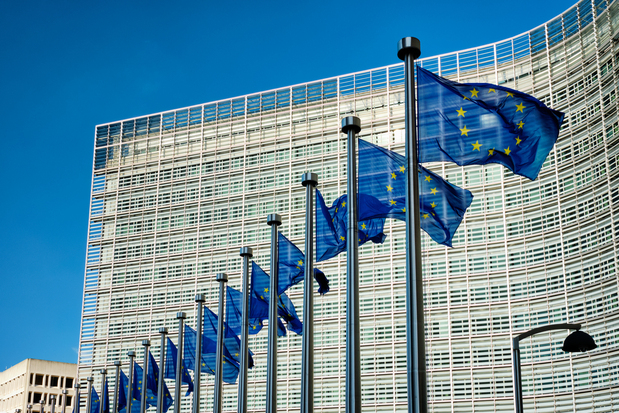The Council of the European Union has adopted an 11th package of sanctions against Russia, which is primarily focused on fighting sanctions circumvention taking place in third countries.
This is the latest sanction package adopted by the EU due to the Russian invasion of Ukraine since the last one was adopted on 25th February 2023.
The package includes the creation of a new tool which will enable the EU to restrict the sale, supply and transfer of specified sanctioned goods and technology to certain third countries whose jurisdictions are considered to be at continued and particularly high risk of circumvention.
In recent months, individuals and firms linked to Russian sanctions evasion have been under the spotlight following efforts by the US Department of Treasury to improve sanctions effectiveness.
Such efforts have led the US office of foreign assets control (OFAC) to sanction a number of Maltese-registered firms and individuals linked to them.
The EU’s new sanction package has also prohibited the sale, license and transfer of intellectual property rights and trade secrets in connection used in connection to restricted goods to prevent sanctioned goods from being manufactured outside the EU.
Prohibitions to access EU ports for vessels that engage in ship-to-ship transfers suspected of being in breach of the Russian oil import ban or G7 coalition price cap were also introduced, as well as prohibitions to access EU ports for vessels that manipulate or turn off navigation tracking systems when transporting Russian oils.
Prohibitions were also introduced on access to EU ports by vessels which do not notify the competent authorities at least 48 hours in advance of ship-to-ship transfers occurring within member states’ Exclusive Economic Zones, or within 12 nautical miles from the baseline of their coasts.
The package has also frozen assets of over a 100 more individuals and entities. These include Russian IT companies providing technology and software to Russian intelligence, banks operating in occupied territories and entities working with Russian armed forces.
Furthermore, an additional five media channels were banned in the EU.
The EU Commission stated, “the sanctions have limited Moscow’s political and economic options considerably, by causing major financial strain, degrading Russia’s industrial and technological capacity. They are fulfilling their three key objectives: degrade Russia’s military capability to wage its war of aggression against Ukraine, deprive the Kremlin from the revenues it is financing the war with, and impose costs on Russia’s economy.”
The full list of new sanctions can be found here.
Two years since its birth, Moneybase features on Microsoft’s Customer Stories
Moneybase has now just been featured on Microsoft’s latest Customer Stories
Finance Minister confirms continuity of food and energy subsidies
Spending on food and energy subsidies as a percentage of the GDP will be at 0.7% in 2025
MHRA congratulates Glenn Micallef on EU role, highlights positive impact on Malta’s tourism and cultural sectors
The lobby group emphasised that Malta’s cultural assets and sports scene are key factors in attracting visitors and fostering economic ...






